Scientists at the University of Basel have successfully grown a miniature human "blood factory" that mirrors the real structure found inside our bones. This breakthrough model includes the full mix of cells and signals needed for blood production and has maintained this process for weeks. The achievement could transform how scientists study blood cancers and test new drugs, potentially leading to more personalized treatment strategies.
According to Andrés García García, a researcher at the University of Basel's Department of Biomedicine, the miniature bone marrow system is a significant step forward in the field. "This new system could help reduce the number of animal experiments needed for many types of research," García said. "We've been able to recreate the complex network of cells and tissues found in human bone marrow, which is a major milestone."
The bone marrow, often referred to as the body's "blood factory," is a highly specialized tissue containing bone cells, nerves, blood vessels, and several other cell types. Researchers have been working to replicate this complex network in the laboratory using only human cells. The University of Basel team's achievement marks a first in the field, and it has the potential to revolutionize the way scientists study blood cancers and develop new treatments.
The miniature bone marrow system is a 3D tissue that has been colonized with human blood cells. It has been maintained for weeks, demonstrating its ability to produce blood cells continuously. This breakthrough could lead to more accurate and effective testing of new drugs, reducing the need for animal experiments and potentially saving lives.
The development of this miniature bone marrow system is also significant for its potential to support more personalized treatment strategies. By recreating the complex network of cells and tissues found in human bone marrow, researchers can study the behavior of blood cells and develop targeted treatments that are tailored to individual patients.
The University of Basel team's achievement is a testament to the power of scientific research and collaboration. The researchers' work has the potential to transform the field of blood cancer research and improve the lives of millions of people around the world. As García noted, "This is a major step forward in our understanding of the human body and its ability to produce blood cells. We're excited to see where this research takes us next."
The miniature bone marrow system is currently being studied by researchers at the University of Basel, and its potential applications are being explored. While it's still early days for this technology, it has the potential to revolutionize the way we approach blood cancer research and treatment.
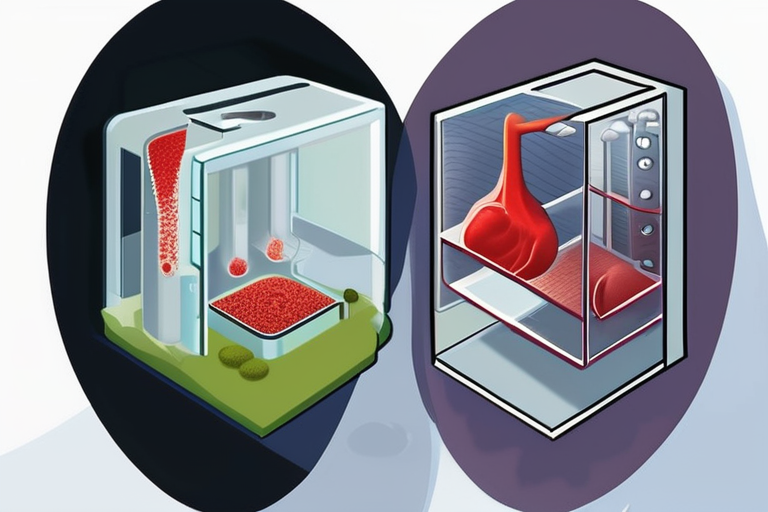



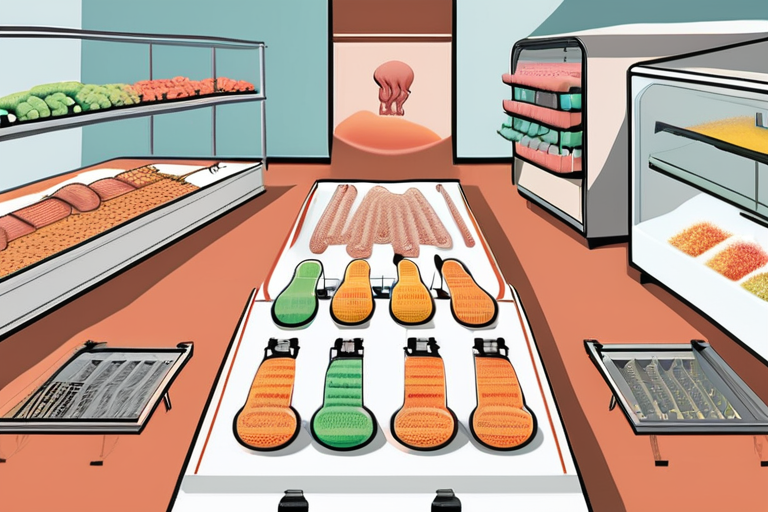
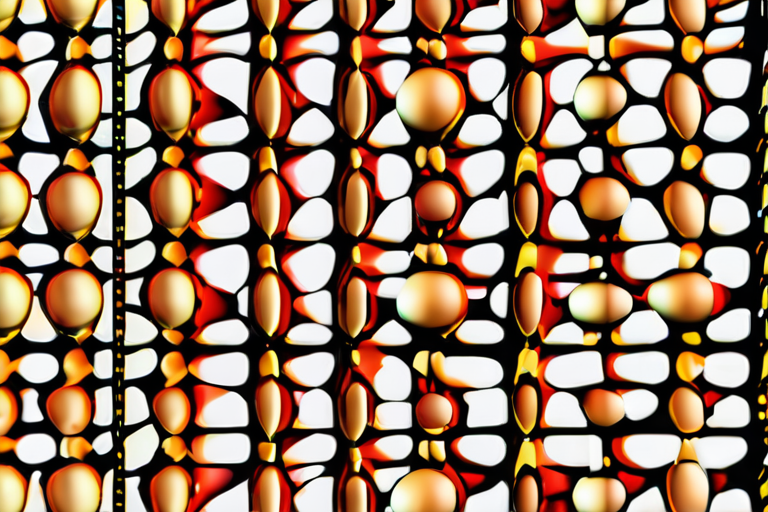

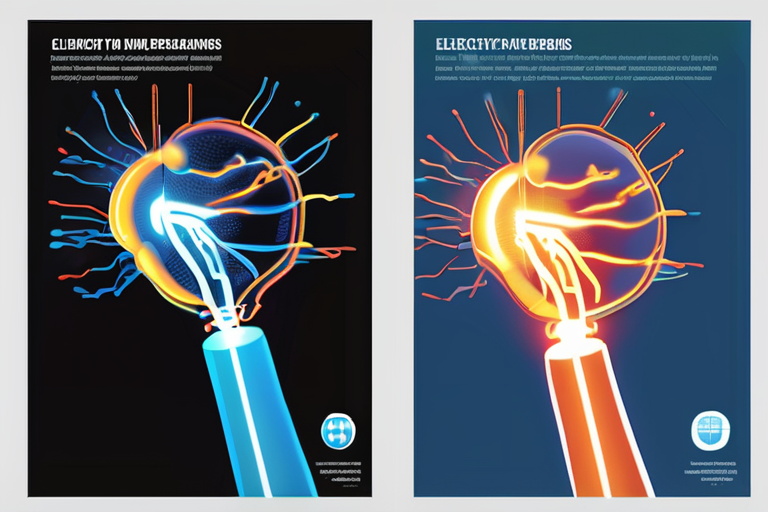




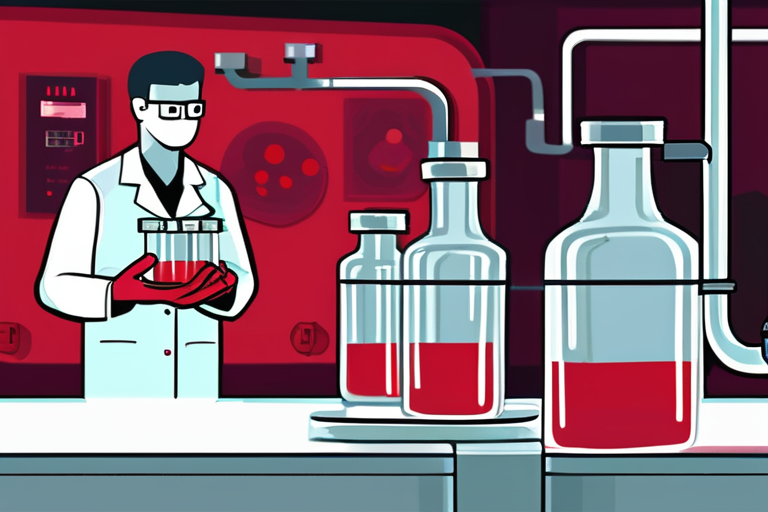
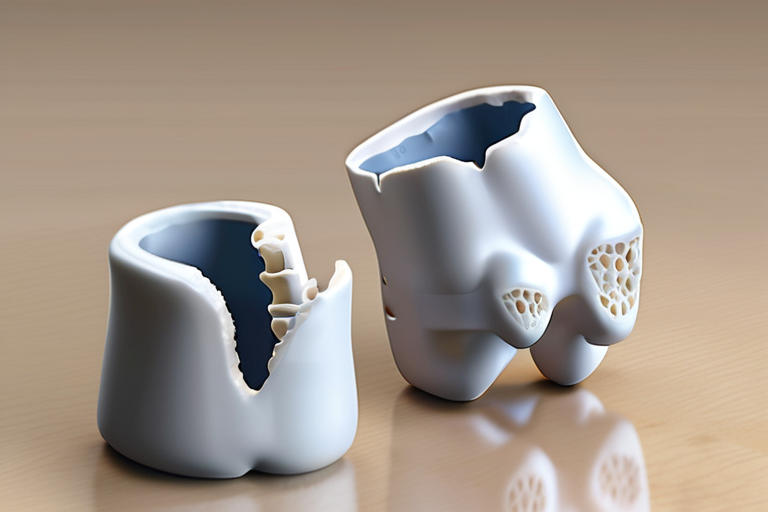

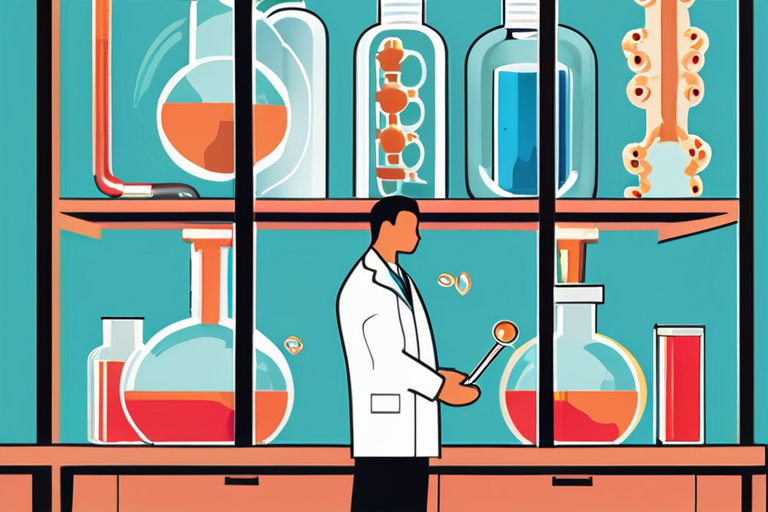
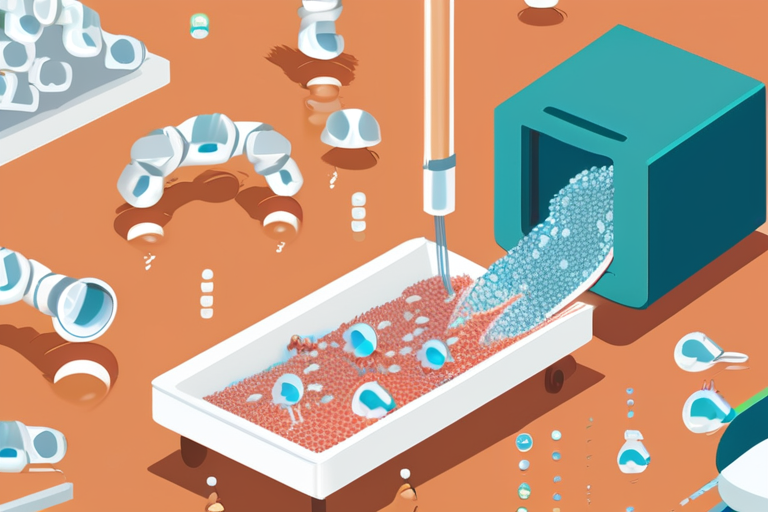










Share & Engage Share
Share this article